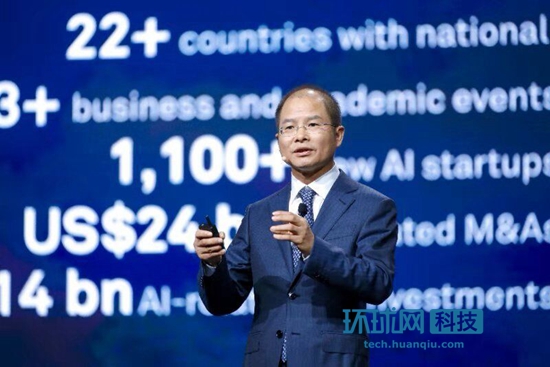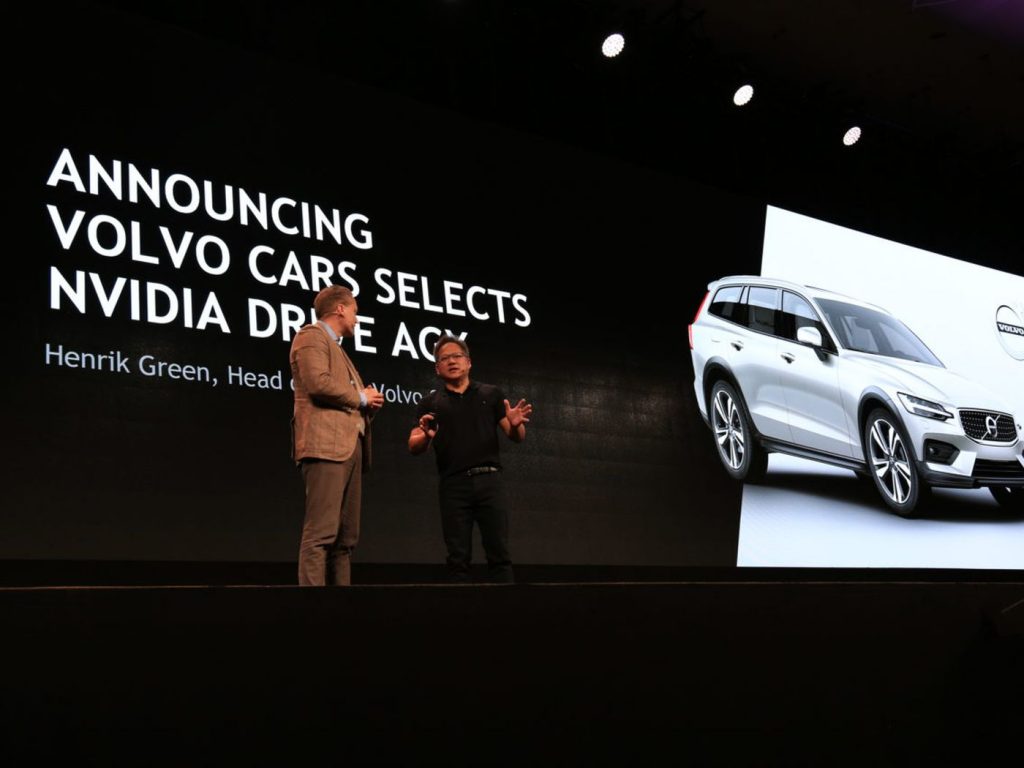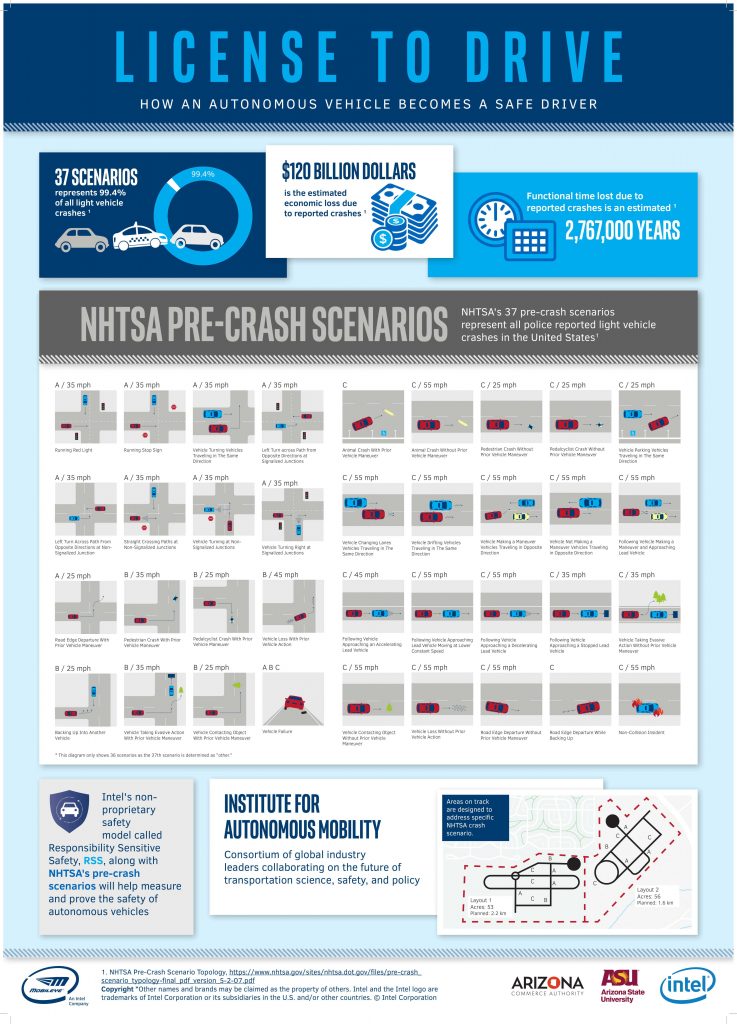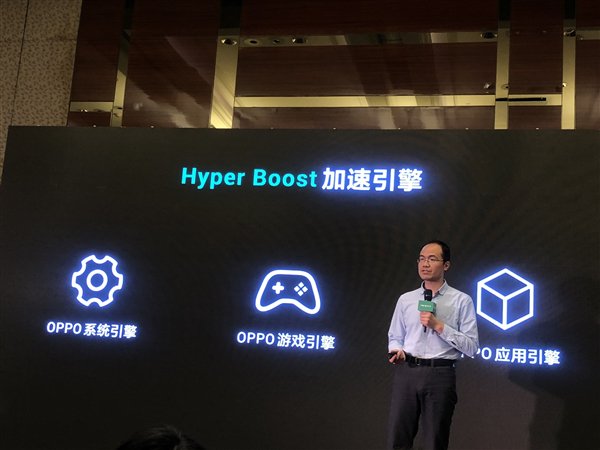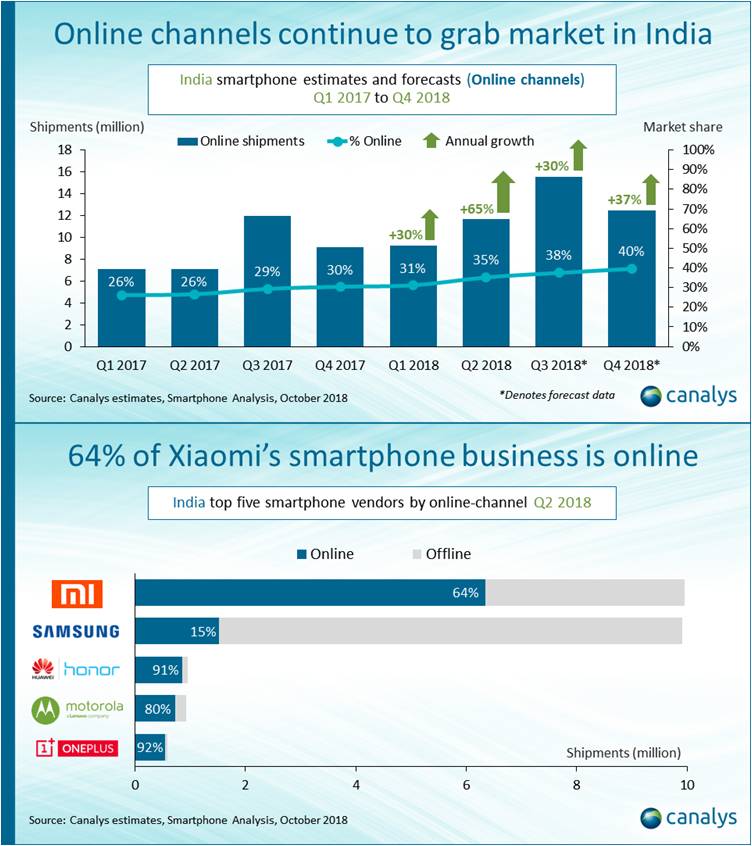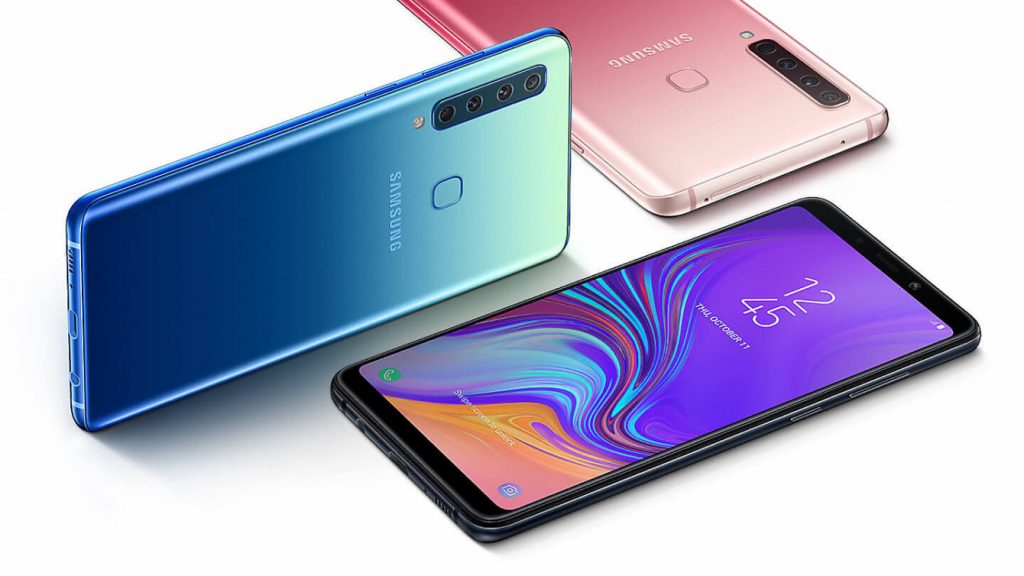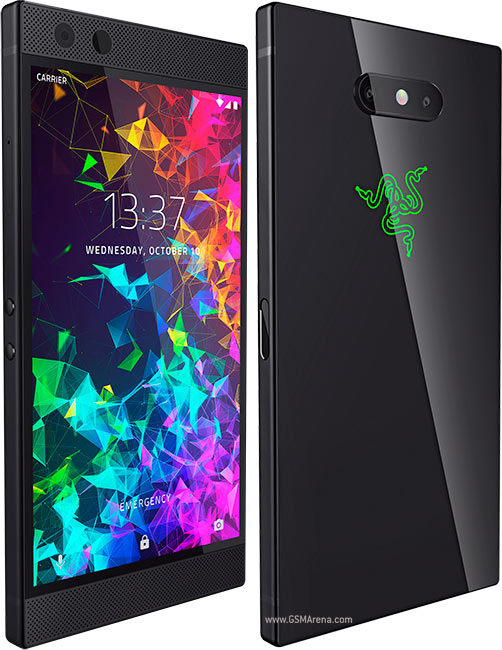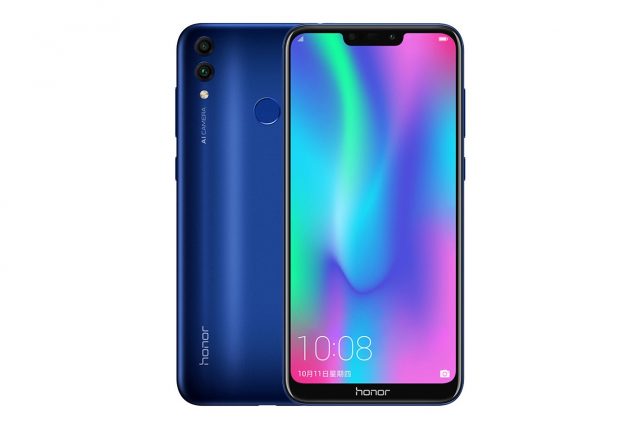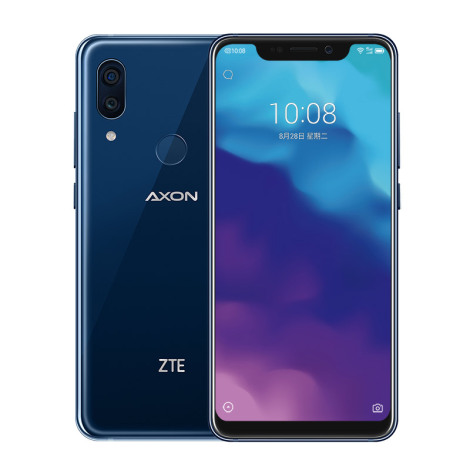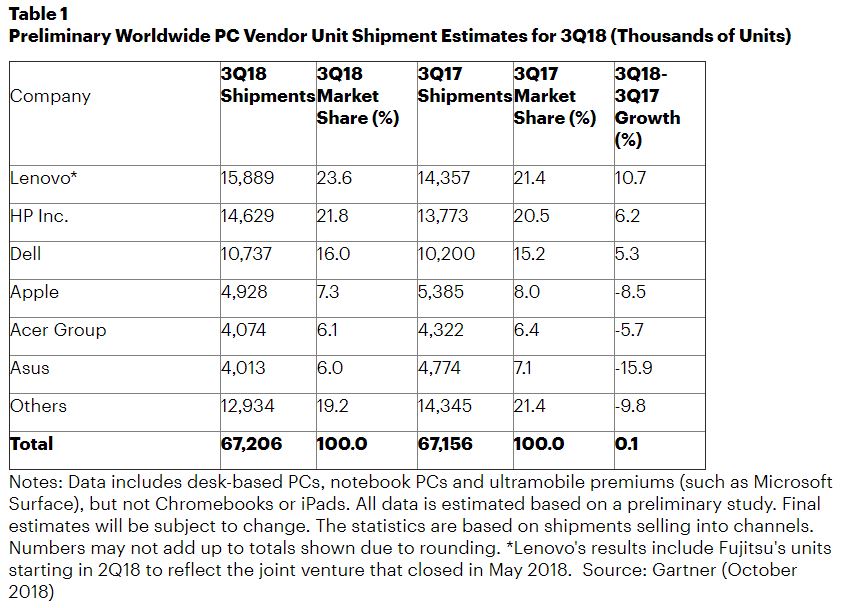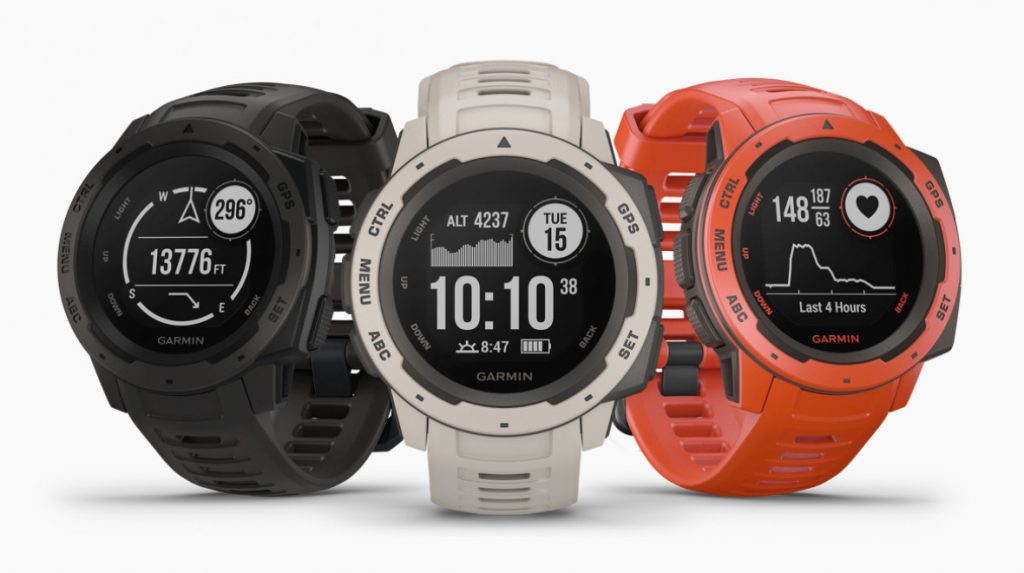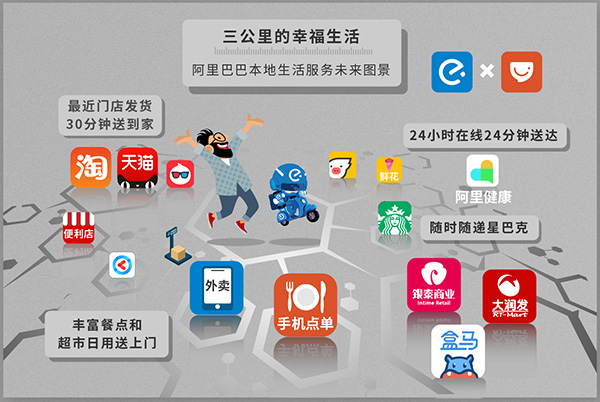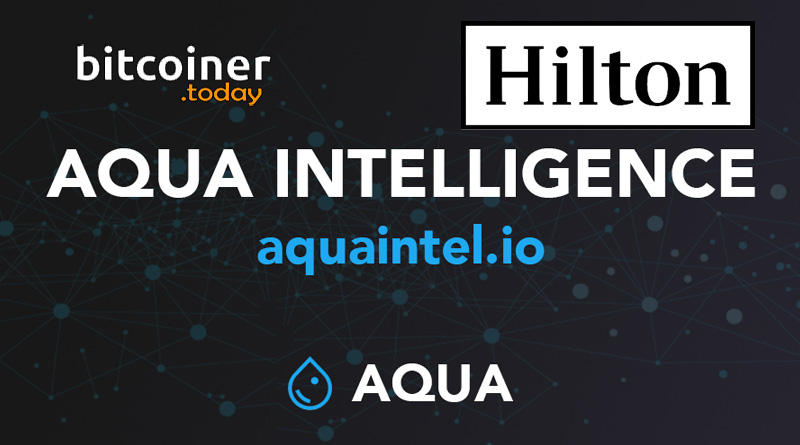
10-12: Micron has planned to invest up to USD100M in startup companies; OPPO has announced its Hyper Boost technology; etc.
Chipsets
Microsoft is allegedly considering working with Huawei on a new AI chip. Huawei rotating CEO Xu Zhijun has denied the cooperation with Microsoft. He has indicated that Huawei and Microsoft are in contact, but Microsoft’s China data center does not use Huawei’s new AI chip solution because Huawei does not sell chips separately. (GizChina, Global Times, CN Beta)
Apple has finalized a business agreement with Dialog Semiconductor to license its iPhone power management technology and transfer technical assets, in a deal worth USD600M. As part of the agreement, Apple will acquire some of Dialog’s assets and 300 of its R&D staff, which is around 16% of Dialog’s workforce. (Mac Rumors, TechCrunch, Dialog Semiconductor, Leiphone, Yicai)
Volvo has announced that it will use Nvidia’s Drive AGX Xavier computer for its next generation of vehicles. The hardware, which is announced by Nvidia in Sept 2018, has the power to be able to handle full autonomy within controlled areas (so-called Level 4 autonomy), but it will launch with “Level 2+” capabilities. The cars are expected to start production in the early 2020s. (The Verge, NVIDIA, CNMO, Gasgoo)
The state of Arizona has announced the formation of the Institute for Automated Mobility (IAM) to advance the safe deployment of automated vehicles. Intel is a founding partner of the new institute. This unique public-private consortium will focus on the liability, regulatory and safety implications of automated vehicles and will work to develop standards and best practices for the industry to follow. (VentureBeat, Business Wire, Albany Times Union)
Taiwan Semiconductor Manufacturing Company (TSMC) is set to win all orders for A13 chips that Apple will reelase in 2019, extending its dominance in the pure-play foundry sector, according to Digitimes citing supply chain sources. TSMC grabbed a 56% share of the global pure-play foundry market in 1H18. (Apple Insider, CN Beta, Digitimes, press)
Camera
Facebook is rolling out a “3D photo” feature that adds depth to photos in News Feed (or VR headset). With technology that captures the distance between the subject in the foreground and the background, 3D photos bring scenes to life with depth and movement. (TechCrunch, The Verge, Cult of Mac, Facebook, Baijiahao, Sohu)
Storage
Micron has planned to invest up to USD100M in startup companies working on AI technologies for use in self-driving vehicles, factory automation and other growing fields. Micron has launched a corporate venture capital program more than a decade ago, but its investments until now had been “very sporadic” and “very close to our core business” of making chips, according to Sumit Sadana, Micron’s chief business officer. (VentureBeat, Reuters, ESM China, CN Beta)
Connectivity
Samsung reportedly plans to eliminate the 3.5mm audio jack on Galaxy Note 10 to be released in 2019 and Galaxy S11 to be released in 2020. The reasoning behind this is that wireless headphones are becoming increasingly popular and according to Strategy Analytics, the global wireless earphone market will expand by 73.9M units by 2019 and over 100M in 2022. (Android Headlines, ET News, GSM Arena, Value Walk, CN Beta)
Phone
OPPO has announced its Hyper Boost technology, a software acceleration engine for its phones. OPPO Hyper Boost provides a system-level performance optimization which greatly improves the performance of the device. OPPO said they have partnered with Tencent, Netease, and three major game engines to optimize the top 100 mobile games. There is also app optimization for apps like WeChat, QQ, and Mobile Taobao. (CN Beta, Gizmo China, My Drivers, NDTV)
Alphabet unit Google on Tuesday challenged a record EUR4.34B (GBP3.8B) fine imposed by European Union antitrust regulators 3 months ago for using its popular Android mobile operating system to thwart rivals. (TechCrunch, Reuters, China News)
According to Canalys, the online smartphone market in India is poised to surpass 15M units in 3Q18, growing by more than 25% YoY and expecting to account for a record 38% of the total smartphone market. The market is also expected to grow 32% QoQ, dispelling doubts of looming saturation in online retail. In 2Q18, online channels like Flipkart, Amazon, PayTm Mall, mi.com, OnePlus.com, etc. grabbed 35% of the total smartphone sell-in to India, growing by more than 65% year-on-year, to 11.7M units. (GSM Arena, Canalys, press)
Samsung Galaxy A9 is announced featuring quad cam – 6.3” 2220×1080 FHD+ Super AMOLED, Qualcomm Snapdragon 660, rear quad 24MP-8MP-10MP-5MP + front 24MP, 6/8+128GB, Android 8.0, 3800mAh, GBP549. (Android Authority, Android Headlines, CN Beta, GSM Arena)
Razer Phone 2 is announced – 5.72” 1440×2560 QHD+ IGZO LCD, Qualcomm Snapdragon 845, rear dual 12MP-12MP + front 8MP, 8+64/128GB UFS, Android 8.1, IP67 rated, 4000mAh wireless charging, USD800. (GSM Arena, Android Authority)
Huawei Honor 8C is launched – 6.26” 1570×720 HD+, Qualcomm Snapdragon 632, rear dual 13MP-2MP + front 8MP, 4+32/64GB, Android 8.1, rear fingerprint scanner, 4000mAh, CNY1099 / CNY1399. (GizChina, Gizmo China, Vmall, GSM Arena)
ZTE Axon 9 Pro is announced – 6.21” 2040×1080 FHD+ Super AMOLED, Qualcomm Snapdragon 845, rear dual 20MP-20MP + front 20MP, 8+256GB, IP68 rated, 4000mAh. (My Drivers, Gizmo China, ZTE)
PC / Tablet
Worldwide PC shipments totaled 67.2M units in 3Q18, a 0.1% increase from 3Q17, according to Gartner. Lenovo has secured the top spot in the worldwide PC market with growth of 10.7%, driven by regained traction in the commercial market and its joint venture with Fujitsu. (Liliputing, Gartner, press, CN Beta)
Wearables
Garmin announces Instinct, a strong and durable GPS watch with built-in 3-axis compass and barometric altimeter plus multiple global navigation satellite systems (GPS, GLONASS and Galileo) support and wrist-based heart rate. In addition to key GPS data, ABC and heart rate sensors, Instinct includes built-in sports apps, smart connectivity and wellness data. (The Verge, Business Wire, CN Beta)
Augmented / Virtual Reality
Apple has reportedly bought a Danish startup called Spektral, which specialized in real-time separation of objects in photos and videos for a “green screen” effect. (Apple Insider, Borsen, CN Beta)
E-Commerce
Alibaba has announced that it has merged two of its food delivery services Ele.me and Koubei into the Alibaba Local Services Company. The two units currently operate in a total of 676 cities with 3.5M merchants signed up. (My Drivers, SCMP, TechNode, The Paper)
Automotive
Mercedes-Benz plans to debut its own semi-autonomous system on the refreshed S-Class sedan, due in the 2020 lineup. The system will offer what the Society of Automotive Engineers refers to as “Level 3” autonomy, which means the car can drive itself in certain situations without any driver input, with the caveat that said driver needs to be ready to take over in case of an emergency. (The Verge, Auto News)
Ford has been granted a patent for ‘Non-Autonomous Steering Modes’ which outlines the company’s vision to allow users of autonomous cars to steer the vehicle via smartphone. The system would receive wireless inputs from the user device and apply them to the vehicle’s front wheels in the same vein as the Tilt Racer app, which can turn any handheld smart device into a controller capable of interacting with racing simulators. (Digital Trends, Carbuzz, CN Beta)
Fintech
Consumer profile company Aqua Intelligence has launched its Property Management System and announced integration with significant hotel chain Hilton Worldwide. Aqua’s Property Management System is using blockchain technology to reduce operating costs and customer response times, which in turn allows requests to be resolved more efficiently. (VentureBeat, Business Wire, Wanlian, Sohu)
